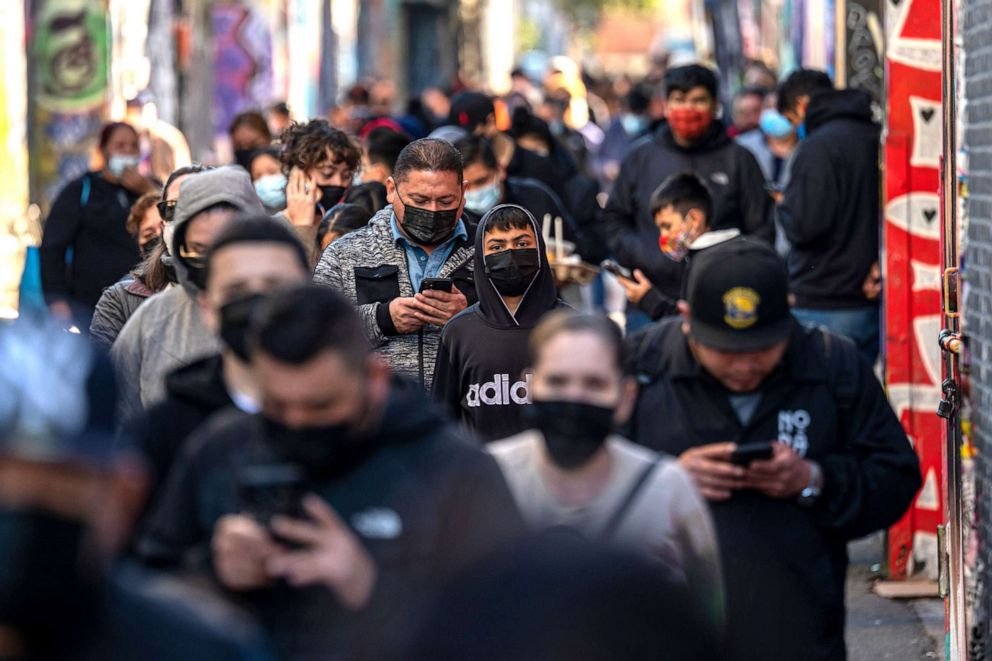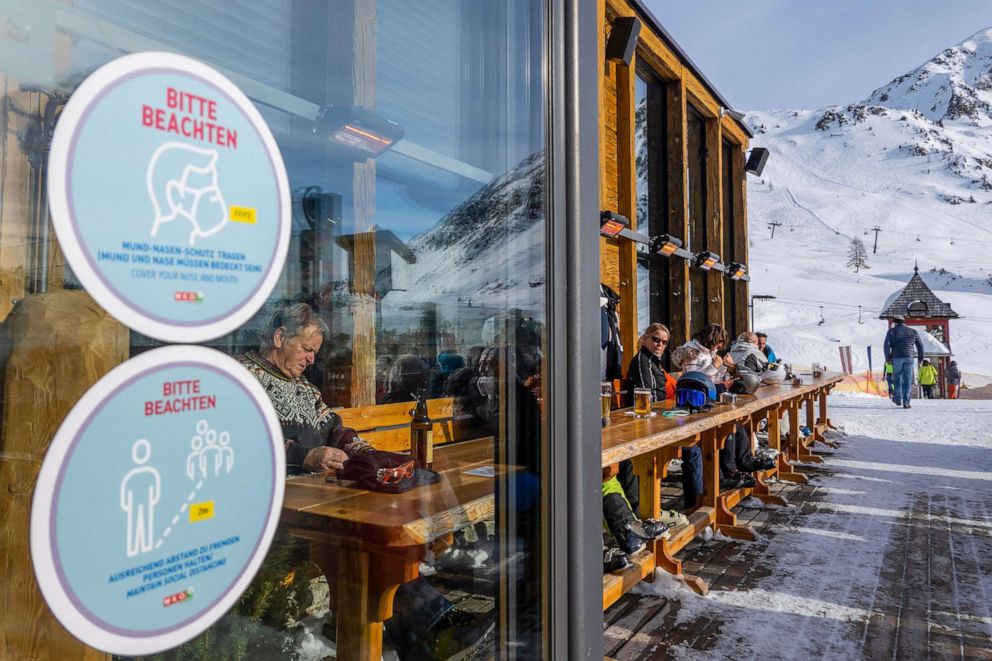San Francisco appears to pass peak of omicron surge: Officials
In San Francisco, COVID-19 cases are "dropping rapidly" following record highs that appeared to peak on Jan. 9, officials announced.

While "cases are still extremely high," they "have plateaued and are starting to go down," said Dr. Grant Colfax, director of the Department of Public Health.
"We're looking at data from other places … the consistent data seem to show that cases go up very fast, they started to come down very fast. So we're on that downward trend now," Colfax said.





